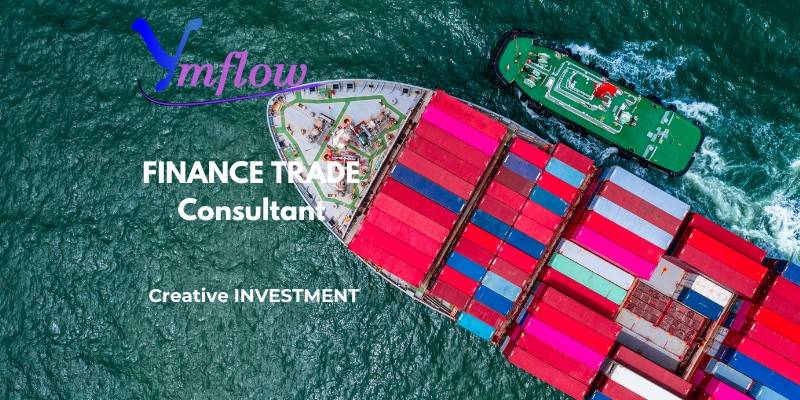
loan-insurance-scam
The Offer That Raised Red Flags
The scam begins with what appears to be a legitimate loan offer. However, there's a catch: borrowers are required to purchase an insurance policy designed to cover the loan in case of default. While insurance is a common requirement in many financial transactions, the specifics here are alarming. The lender insists that the insurance must be purchased exclusively from the bank associated with the loan—and nowhere else.
This single-source requirement is unusual. In a genuine transaction, borrowers typically have the freedom to choose their insurance provider, comparing different products and prices to secure the best protection. Limiting this choice to one source is a significant red flag.

How the Scam Is Supposed to Work
According to our findings, the process is set up as follows:
- Loan Approval Conditional on Insurance: The funds for the loan are released only after the borrower provides an insurance bond.
- Exclusive Insurance Provider: The only available insurance option is through the lender’s bank, which raises the question: why would a legitimate bank restrict you to one provider when insurance is widely available from multiple companies?
- A Potential Fake Policy: Our suspicion is that the insurance policy you’re forced to purchase might not be genuine. Instead, it could be a bogus document issued by a fake insurance company that exists solely to facilitate the scam.
- The Scam in Action: Once you pay up—potentially a significant amount (in our case, around 200,000 euros)—the scammers pocket the money, and the promised loan funds never materialize. Essentially, they run off with your cash, leaving you with a worthless insurance policy and no financial recourse.
Why This Setup Is Particularly Dangerous
- Lack of Transparency: Legitimate lenders provide clear terms and allow you to shop around for insurance. The forced use of one provider is a method to control the process and hide potential fraud.
- Upfront Payment Risks: Requiring a hefty sum before releasing the loan creates a situation where the scammers have access to your funds without any collateral or guarantee of delivery.
- No Independent Verification: When the only available insurance comes from the bank involved in the deal, there’s no third-party verification to ensure that the policy is valid and enforcea



